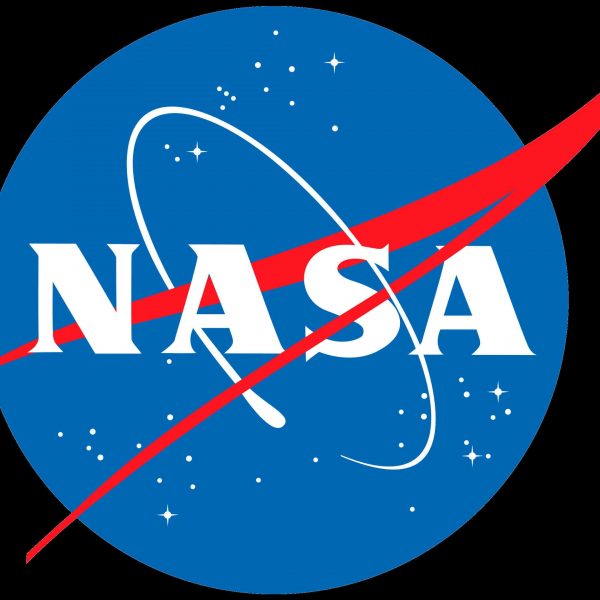Vanderbilt researchers are part of a team supported by NASA to investigate measures that can be taken to safeguard high-density urban airspace against cyberattacks, as well as improve aircraft operations.
Xenofon Koutsoukos, chair of the Department of Computer Science; Gautam Biswas, Cornelius Vanderbilt Professor of Engineering; and Bryan Ward, assistant professor of computer science and electrical and computer engineering, are principal investigators on the project, which is led by The George Washington University.
 Three multi-institutional teams will receive a total of $18 million in University Leadership Initiative (ULI) funding from NASA, with the Vanderbilt researchers’ team receiving $6 million over the next three years.
Three multi-institutional teams will receive a total of $18 million in University Leadership Initiative (ULI) funding from NASA, with the Vanderbilt researchers’ team receiving $6 million over the next three years.
NASA selected the university teams to participate in real-world aviation research challenges that could help improve airspace safety and aircraft operations. Research topics range from safeguarding automated aircraft from cyberattacks to finding ways to help aircraft operations across the nation more quickly recover from delays due to major storms or technical problems.
Vanderbilt’s team will focus on attacks on heterogeneous aircraft types and airspace operations, which includes both Advanced Air Mobility (AAM) and UAS Traffic Management (UTM). It will address three technical challenges: identifying system vulnerabilities and modeling the impact of cyberattacks; defense against attacks and security risk mitigations; and designing infrastructure to improve system-level resilience and security.
“Addressing these interdependent core challenges will result in resilience and safety assurance for high-density urban airspaces, even in the presence of malicious activity,” said Ward.
NASA’s University Innovation Project includes two efforts through which universities are invited to submit research proposals and from which teams are then selected: the University Leadership Initiative (ULI) and the University Student Research Challenge (USRC).
Vanderbilt’s team is part of the ULI. One of its key objectives is for faculty-led student teams to gain experience by participating in aeronautics research on a multidisciplinary team made up of partners from other universities and industry, including faculty and student populations who are underrepresented or have not applied their skills to aviation problems.
Other team members are Tennessee State University, Purdue University, University of California, Irvine, The University of Texas at Austin, Collins Aerospace, Northern Virginia Community College, Cyber Security and Privacy Research Institute at The George Washington University, Skygrid (a Boeing Company), and the Secure Resilient Systems and Technology Group at MIT Lincoln Laboratory.
Contact: Lucas Johnson, lucas.l.johnson@vanderbilt.edu